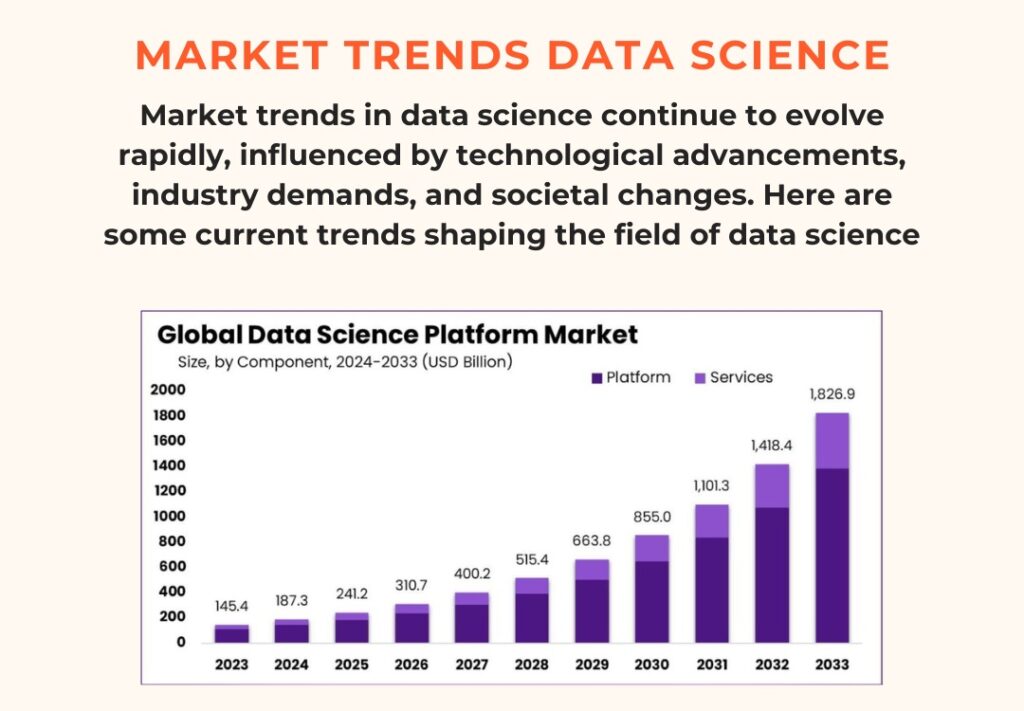Transform Your Career with Our Expert Led Data Science Program
Explore the World of Data Science: Skills, Tools, and Techniques
Batches
Prerequisites
Curriculum
Batches
| Date | Batch | Timings |
|---|---|---|
| 18th January 2025 | Weekend batch | 9.30AM to 1:30 PM |
| 1st February 2025 | Weekend batch | 9.30AM to 1:30 PM |
Prerequisites
- Programming Knowledge: Basic understanding of Python or R.
- Mathematics: Basic knowledge of linear algebra, calculus, and statistics.
Curriculum
- Module 1: Introduction to Data Science
- Module 2: Data Wrangling and Preprocessing
- Module 3: Exploratory Data Analysis (EDA)
- Module 4: Statistics for Data Science
- Module 5: Introduction to Machine Learning
- Module 6: Advanced Machine Learning Techniques
- Module 7: SQL & Power BI for Data Science
- Module 8: Capstone Project and Case Studies
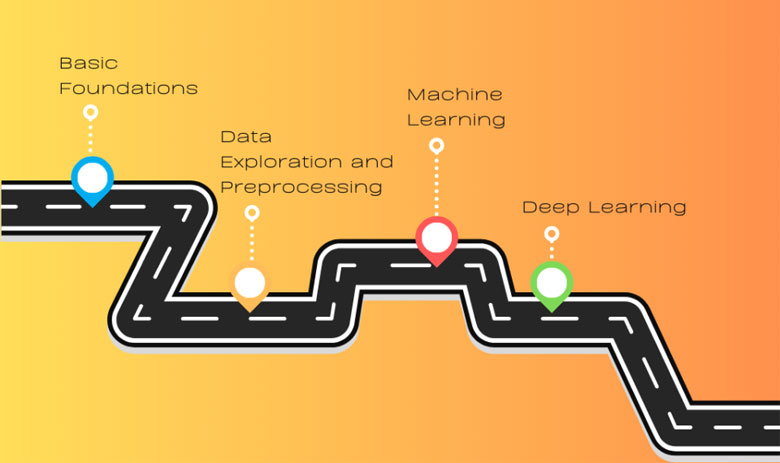
Cloud Administrator
Cloud Engineer
Solutions Architect
Cloud Administrator
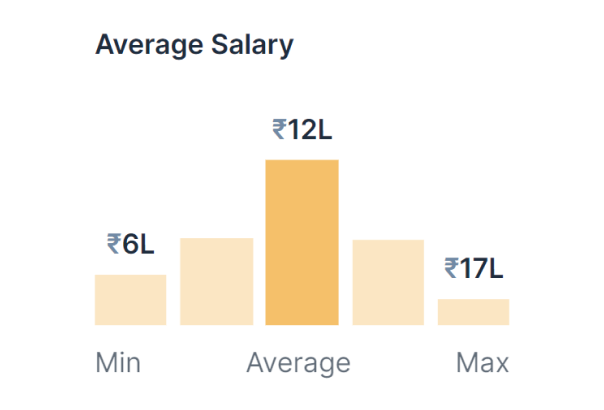
Cloud Engineer
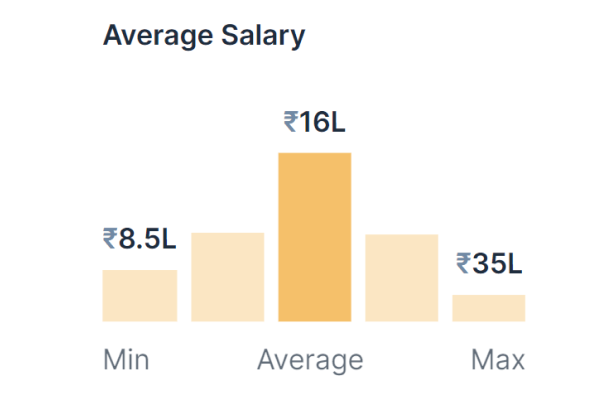
Solutions Architect
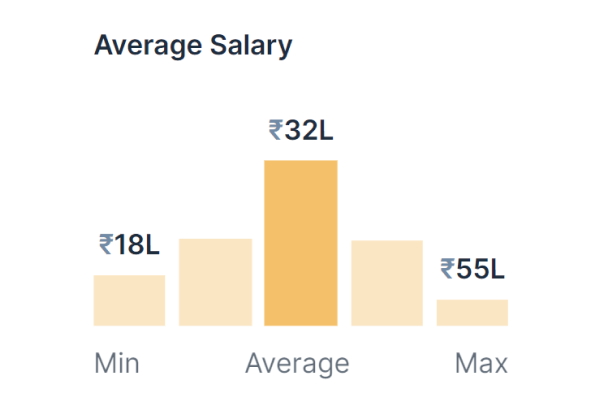
Data Science Certification Course offered a great mix of theory and practical application. The live classes were interactive, and the instructors were knowledgeable. The projects were challenging but manageable, and I now feel prepared to tackle data science challenges in my current role."
Megha M
Data Camp's interactive courses made learning data science fun and engaging. The bite-sized lessons were perfect for my busy schedule, and the practical exercises helped reinforce the concepts. I particularly enjoyed the machine learning courses, which were very well structured."
Prince M
"General Assembly's Data Science Immersive was intense but worth every minute. The curriculum was up to date with industry standards, and the career coaching sessions were invaluable. I appreciated the emphasis on both technical skills and soft skills like communication and teamwork."
Sumathi P
"The mentorship model at PeopleDecode was incredibly effective. Having an industry expert guide me through complex topics and provide feedback on my projects made a huge difference. The job assistance was a safety net that gave me the confidence to invest in the program."
Ashwini
Data Science course with PeopleDecode was a game-changer for my career. The project-based learning approach was exactly what I needed. I could apply what I learned immediately to real-world problems, and the career support services helped me land a job as a junior data scientist."
Bindu
Data Science courses were challenging but very rewarding. The in-depth focus on Python programming and statistical concepts has given me a solid foundation. I now feel confident in tackling data analysis projects at work and have even started contributing to open-source projects."
Sathyan
Previous
Next
Shaghil Jamal
Data Science Consultant and Industrial Trainer
Experienced data science consultant and industrial trainer specialized in machine learning, deep learning, data
analytics and visualization. Skilled in designing custom solutions (curriculum, syllabi, delivery calendar) and
delivering high-quality training programs to improve data literacy and analytical skills.





